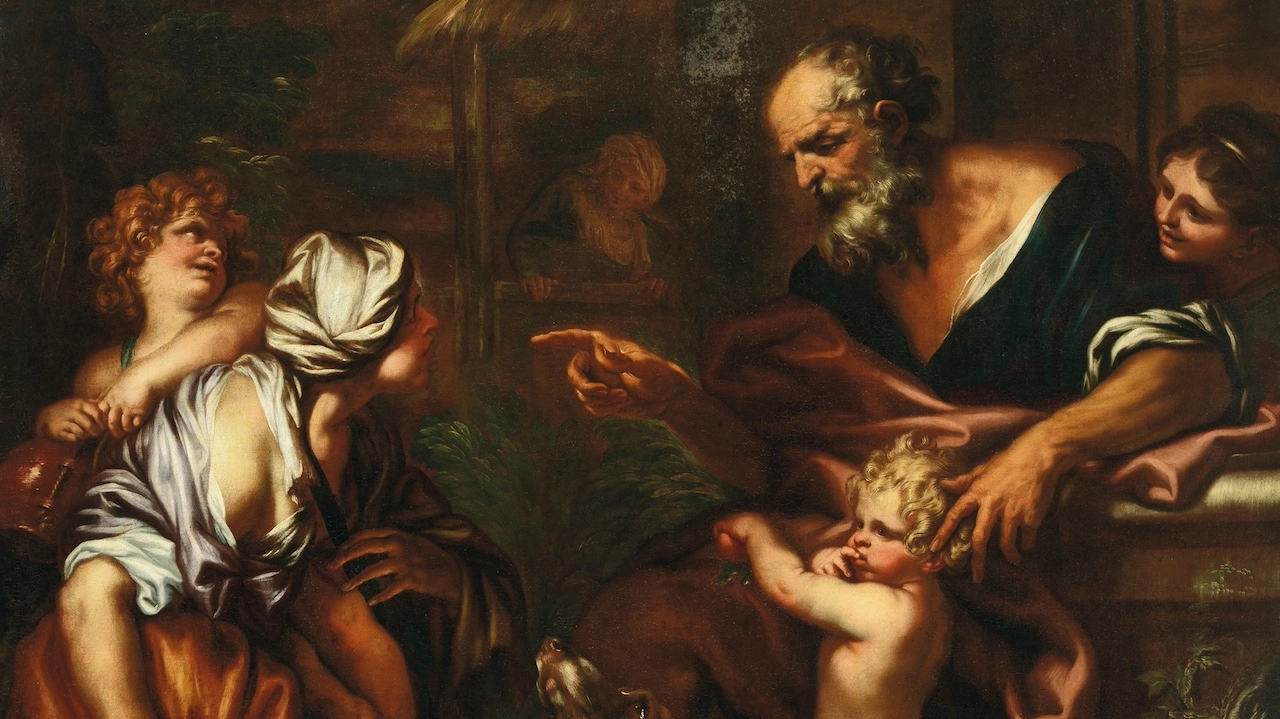The narrative of Abraham, the patriarch of three major monotheistic religions—Judaism, Christianity, and Islam—unfolds as a profound odyssey filled with faith, tests, and divine promises. Abraham's untold journey, chronicled in the Book of Genesis, shapes the foundation of belief for millions around the world. Let's embark on a captivating exploration of Abraham's odyssey.
I. Call of Faith: Departure from Haran
Abraham's journey commences with a divine call. In the city of Haran, God instructs him to leave his homeland and embark on a journey to an unknown destination. This act of faith becomes a hallmark of Abraham's character, symbolizing a willingness to trust in a higher power and step into the unknown.
II. Promise of Descendants: Covenant at Canaan
As Abraham travels to the land of Canaan, God makes a covenant with him, promising numerous descendants and the inheritance of the land. Despite being childless at an old age, Abraham and his wife Sarah hold onto this promise, illustrating a profound lesson in patience and unwavering faith.
III. The Test of Sacrifice: Binding of Isaac
One of the most iconic and challenging episodes in Abraham's odyssey is the binding of his son, Isaac. God tests Abraham's faith by instructing him to sacrifice Isaac. The narrative reaches a poignant climax as Abraham, in an act of ultimate obedience, demonstrates his willingness to surrender his most cherished possession. Divine intervention, however, spares Isaac's life, reaffirming the covenant.
IV. Encounter with Melchizedek: Priestly Blessing
During his journey, Abraham encounters Melchizedek, a mysterious figure described as the king of Salem and a priest of the Most High God. Melchizedek blesses Abraham, and Abraham, in turn, offers a tithe, establishing a connection between faith and divine provision.
V. Hospitality of Abraham: Three Divine Visitors
A notable incident in Abraham's journey is his hospitality towards three mysterious visitors who, in the biblical narrative, are seen as angels or manifestations of the divine. This episode highlights the virtue of hospitality and sets the stage for the announcement of Sarah's impending motherhood.
VI. Hagar and Ishmael: A Parallel Journey
Abraham's journey includes a significant subplot involving Hagar, Sarah's maidservant, and their son Ishmael. Though not the child of the covenant, Ishmael is also blessed by God, emphasizing divine compassion for all of Abraham's descendants.
VII. Intercession for Sodom and Gomorrah
Abraham's compassion and negotiation with God on behalf of the sinful cities of Sodom and Gomorrah showcase his role as a mediator. His intercession underscores the complex relationship between divine justice and mercy.
VIII. Death and Legacy: Sarah's Burial
Abraham's odyssey includes poignant moments of loss, such as the death of his beloved wife Sarah. The narrative details his negotiation for a burial place, emphasizing the connection between the patriarchal figures and the land of Canaan.
IX. The End of the Journey: Legacy and Blessings
Abraham's journey concludes with the patriarch witnessing the marriages of his son Isaac and the establishment of his legacy. He blesses Isaac and Ishmael, imparting a spiritual inheritance that resonates through generations.
X. Contemporary Lessons: Faith, Patience, and Hospitality
The untold journey of Abraham holds timeless lessons. It teaches the significance of faith in the face of uncertainty, the patience to await the fulfillment of divine promises, and the virtues of hospitality and compassion.
XI. A Pilgrimage of Faith
Abraham's untold journey, a pilgrimage of faith and obedience, transcends the boundaries of time and religion. His odyssey becomes a symbolic representation of the human quest for meaning, purpose, and a connection with the divine. As we delve into the narrative of Abraham, we find echoes of our own spiritual journeys, each step resonating with the profound call to trust, believe, and follow the path set before us. In the untold odyssey of Abraham, we discover a foundational story that continues to inspire and guide generations on their own journeys of faith.




